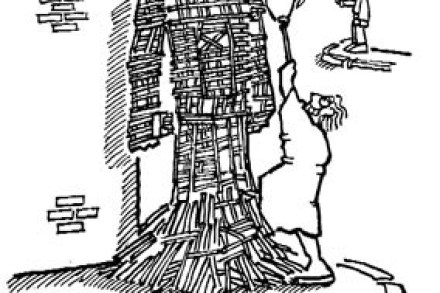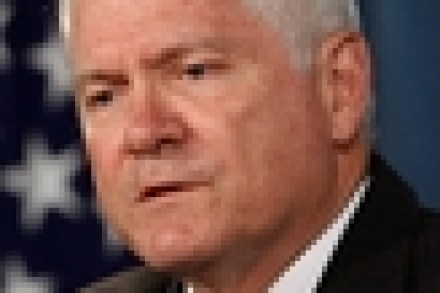More good poll news for Brown
The case for Gordon Brown going to the country in October just keeps getting stronger. A poll in tomorrow’s Sun puts Labour on 42%–8 points ahead of the Tories, an increase in the lead of 3 points since the start of the month. (The indispensable Conservative Home has details). While the Sunday Times reports that

















